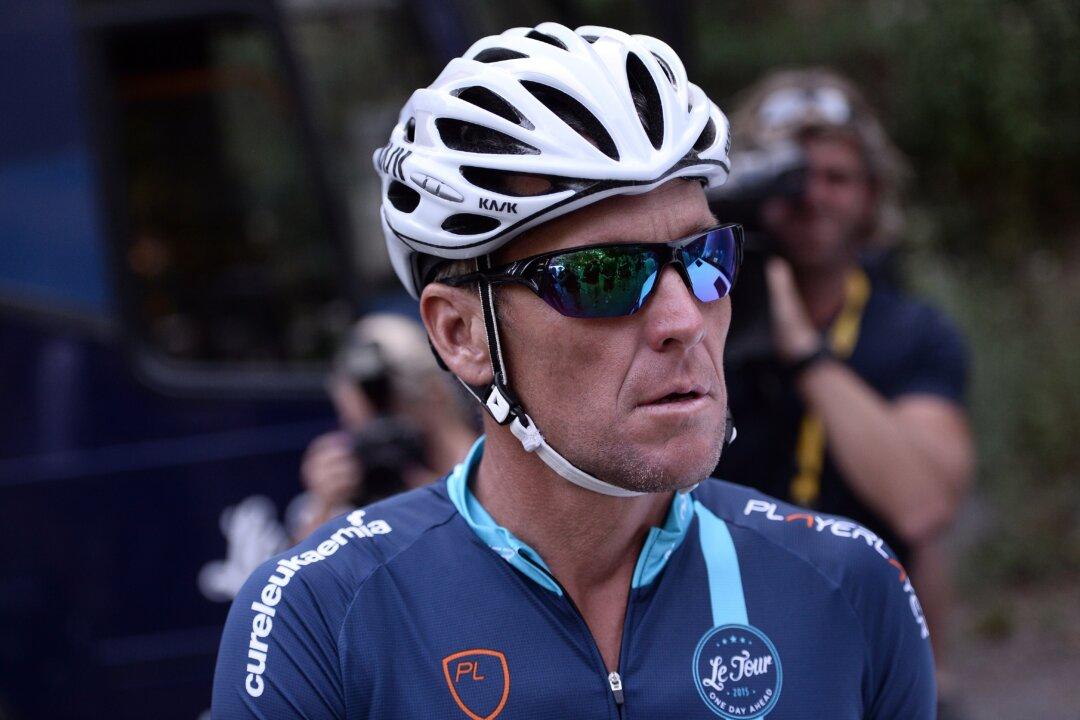AUSTIN, Texas—The federal government says it wants Lance Armstrong’s medical records from his 1996 cancer treatments because they could prove just how far he was willing to go to conceal performance-enhancing drug use from the public and his sponsors.
The former cyclist is vigorously fighting release of his medical records from the Indiana University School of Medicine as part of a whistleblower lawsuit in which the government wants to recover more than $30 million in sponsorship that the U.S. Postal Service paid Armstrong and his teams. Penalties could reach as high as $100 million.
Despite his admissions publicly and under oath to using steroids and other drugs as far back as 1993, the government is still pursuing a key allegation that had dogged Armstrong for years: whether he told doctors in 1996 that he was using a host of performance-enhancing drugs and later sought to bury any evidence of the conversation through lawsuits, threats, and charitable donations.





